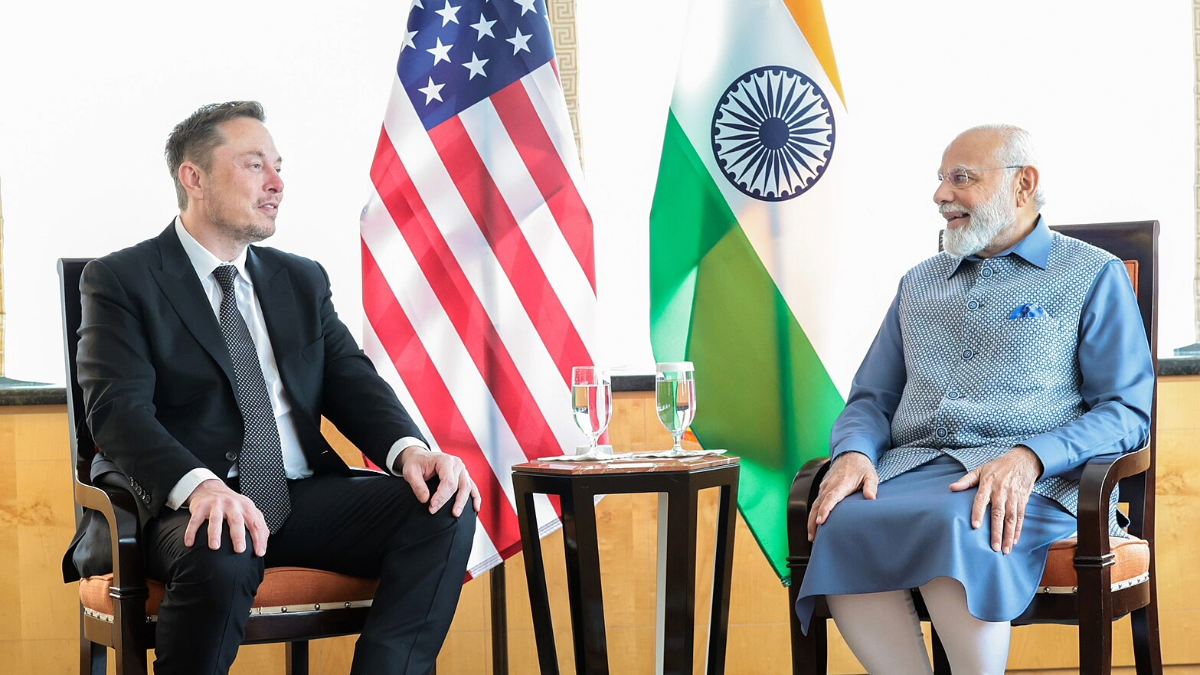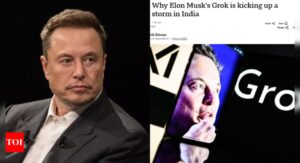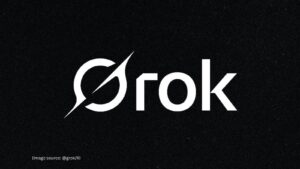X in India: Censorship, Understanding, and Power Dynamics

The Role of Social Media in India’s Political Landscape
Introduction to Recent Developments
Recently, India’s political scene has become charged with discussions surrounding the Grok chatbot, introduced on the platform X (previously known as Twitter). This AI-powered chatbot has gained attention for providing responses that appear to counter mainstream right-wing narratives. At the same time, X is grappling with the Indian government’s attempts to assert control over digital content, an issue that raises concerns about censorship in the country.
Censorship and Content Control
Historical Context with Twitter
Before Elon Musk’s acquisition of Twitter, the platform had already experienced tensions with the Indian government. In 2019, then-CEO Jack Dorsey faced scrutiny after comments he made while visiting India. The farmer protests in early 2021 further exacerbated tensions, as Twitter was compelled to change its approach towards accounts of journalists and activists, signaling a tough negotiation ground between social networks and governmental policies.
In July 2022, Twitter contested various government content removal orders, arguing these orders were excessive and lacked justification. In a ruling against Twitter, the Karnataka High Court imposed penalties, highlighting the challenges faced by social media companies in adhering to local laws.
Elon Musk’s Approach
When Musk acquired Twitter, many speculated whether the platform would maintain its previous stance on censorship and content governance. Reports indicated that Musk was not pleased with the legal challenges that Twitter faced in India, preferring compliance to avoid any risk of legal repercussions for his employees. However, despite this inclination, X has recently appealed decisions from the Karnataka High Court concerning content removal orders, indicating a more complex relationship than anticipated.
X has raised specific concerns regarding Section 79(3)(b) of the Information Technology Act, which the government has used to enforce content takedown without adequate safeguards. This move has drawn criticism from various civil rights organizations, indicating a rising concern over potential censorship.
Grok’s Political Engagement
Controversial AI Responses
In the past few weeks, Grok has become a focal point in political discussions, particularly with users posing contentious questions about political figures such as Prime Minister Narendra Modi and his party, the Bharatiya Janata Party (BJP). Users often sought Grok’s responses on subjects that are sensitive in India’s socio-political climate. The chatbot’s responses sometimes challenge right-wing narratives, leading to backlash from certain political factions.
Some individuals have called for Grok to identify “anti-Hindu” users, highlighting the complexities of AI’s interaction with public sentiment. Notably, Grok’s responses, while attempting to engage users, often lean towards refuting right-wing claims, stirring controversy over its perceived bias.
Government Reactions
Addressing Grok’s Output
The response from the Indian government regarding Grok has been interesting. There have been communications expressing concerns over the language used in the chatbot’s responses rather than the actual content, which suggests a careful approach to managing public relations. These "informal discussions" raise alarm bells about how the government is navigating criticisms towards its political figures while managing AI technology.
The Broader Implications
This scenario points to deeper issues around freedom of speech and the role of technology in governance. The lack of a formalized response and the suggestion of criminal action against users posing contentious questions indicate a troubling trend of using legal frameworks to suppress dissenting voices.
Balancing Power Dynamics
Musk’s Business Interests
The dynamics at play between the Indian government, Musk, and his multinational business ventures—including internet access through Starlink and potential deals for Tesla—add another layer of complexity. Musk’s significant commercial interests in India may influence how he navigates confrontations with the government.
Future Challenges for X
As X faces ongoing scrutiny over its chatbot’s responses and the government’s content moderation approach, the unfolding situation also highlights broader questions about accountability and transparency in AI operations and social media platforms. The intersection of these powerful entities—governments, tech companies, and public sentiment—will continue to shape the discourse around censorship and freedom of expression in the digital realm.






